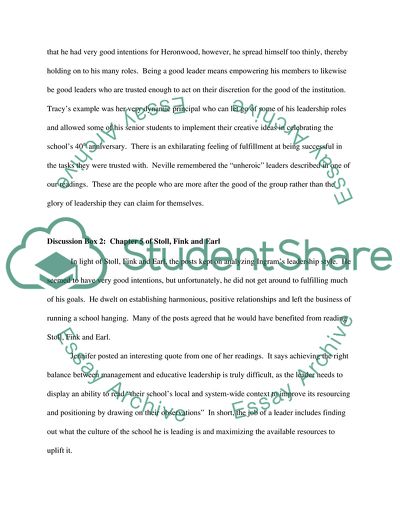Cite this document
(Online Conversations on Leadership and Learning Assignment - 3, n.d.)
Online Conversations on Leadership and Learning Assignment - 3. https://studentshare.org/education/1708888-report
Online Conversations on Leadership and Learning Assignment - 3. https://studentshare.org/education/1708888-report
(Online Conversations on Leadership and Learning Assignment - 3)
Online Conversations on Leadership and Learning Assignment - 3. https://studentshare.org/education/1708888-report.
Online Conversations on Leadership and Learning Assignment - 3. https://studentshare.org/education/1708888-report.
“Online Conversations on Leadership and Learning Assignment - 3”. https://studentshare.org/education/1708888-report.


